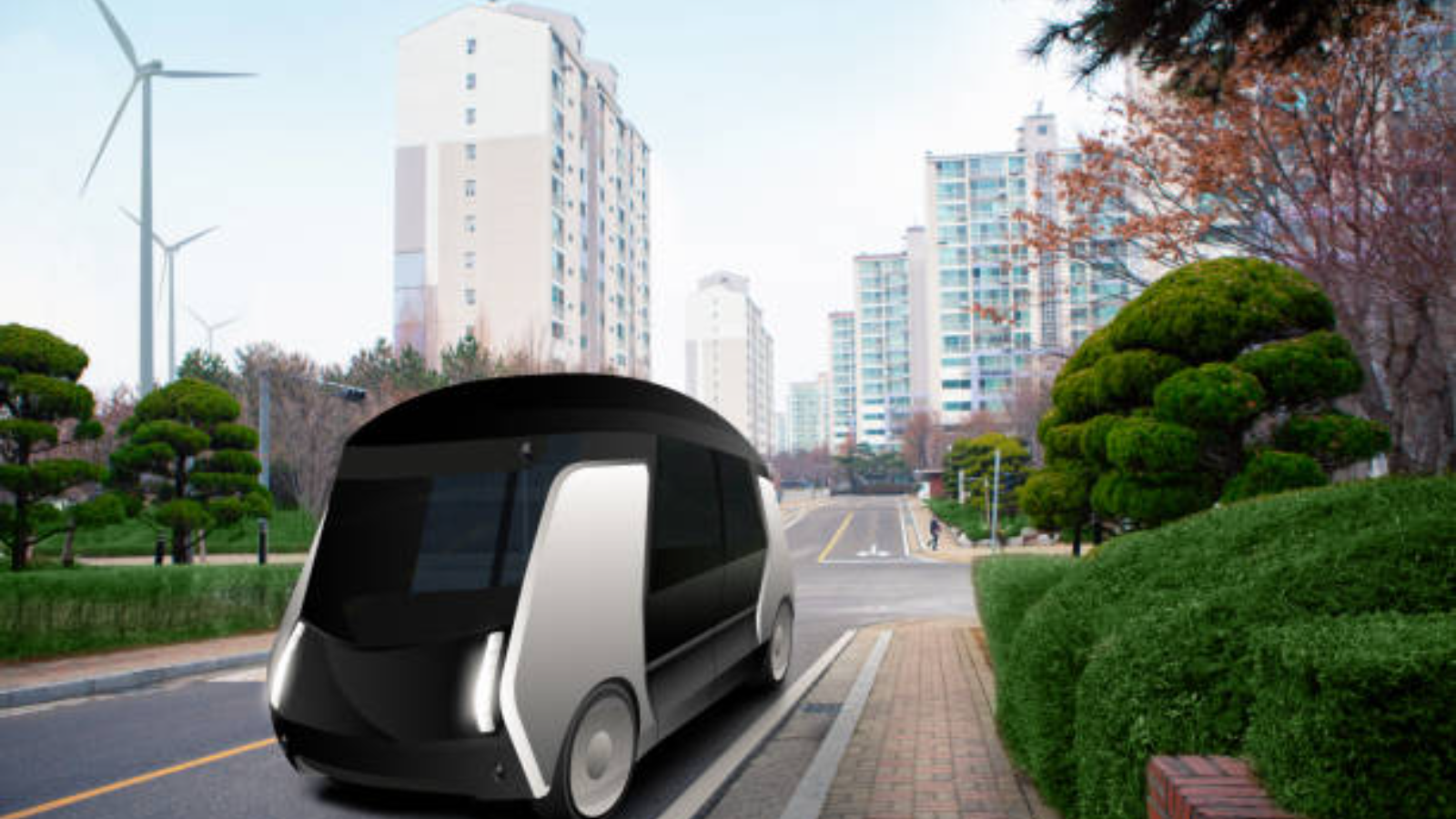In this Article
Introduction
In the 21st century, urbanization has accelerated at an unprecedented rate. With more people flocking to cities, the demand for efficient, sustainable, and livable urban environments has never been higher. Enter the concept of “smart cities.” These cities leverage technology and data to enhance the quality of life for their residents, making urban living more efficient, sustainable, and enjoyable. But why exactly might a smart city be good for society?
This article delves into the multifaceted benefits of smart cities, highlighting key areas where they can significantly impact.
Why Smart City Might Be Good for Society? Key Areas
By focusing on these key areas, smart cities have the potential to create a better future for urban populations worldwide.
1. Enhanced Quality of Life
One of the most compelling reasons why smart cities might be good for society is the potential for an enhanced quality of life. This is achieved through various technological and infrastructural advancements that aim to make daily life more convenient and enjoyable.
- Smart Infrastructure: Smart cities often feature advanced infrastructure that includes smart grids, intelligent transportation systems, and high-speed internet connectivity. These elements work together to create a seamless living experience. For example, smart grids can efficiently manage electricity distribution, reducing outages and optimizing energy use.
- Public Services: In smart cities, public services such as waste management, water supply, and public safety are often automated and optimized. Sensors can monitor waste levels in bins and alert collection services when they need to be emptied, ensuring cleaner streets. Similarly, smart water management systems can detect leaks and ensure efficient water distribution.
- Healthcare: Telemedicine and remote health monitoring are becoming increasingly prevalent in smart cities. These technologies allow residents to access healthcare services without needing to visit a hospital, making healthcare more accessible and reducing the burden on medical facilities.
2. Environmental Sustainability
Another significant benefit of smart cities is their potential to promote environmental sustainability. As the world grapples with climate change and resource depletion, smart cities offer innovative solutions to mitigate these challenges.
- Energy Efficiency: Smart cities are designed to optimize energy use, reducing waste and lowering carbon emissions. For instance, smart buildings use sensors to adjust lighting and heating based on occupancy, significantly cutting down on energy consumption.
- Sustainable Transportation: Intelligent transportation systems can reduce traffic congestion and promote the use of public transportation, cycling, and walking. Electric vehicle (EV) charging stations are also more prevalent in smart cities, encouraging the shift towards greener modes of transport.
- Green Spaces: Smart cities often incorporate green spaces and urban gardens, which contribute to better air quality and provide residents with recreational areas. These green spaces can also help in managing storm water and reducing the urban heat island effect.
3. Economic Growth and Innovation
Smart cities are not just about technology and sustainability; they also serve as hubs of economic growth and innovation. By fostering a conducive environment for businesses and startups, smart cities can drive economic development and create job opportunities.
- Business Ecosystem: Advanced infrastructure and connectivity in smart cities attract tech businesses.
- Job Creation: The development and maintenance of smart city technologies require a skilled workforce, leading to job creation in various sectors, including IT, engineering, and urban planning.
- Public-Private Partnerships: Smart cities rely on public-private collaborations, leading to innovative solutions like smart parking and shared mobility services.
4. Social Inclusion and Community Engagement
A lesser-discussed but equally important aspect of smart cities is their potential to promote social inclusion and community engagement. By leveraging technology, smart cities can bridge the digital divide and ensure that all residents have access to essential services.
- Digital Inclusion: Smart cities aim to provide high-speed internet access to all residents, ensuring that everyone can benefit from digital services, including online education and telecommuting opportunities.
- Community Platforms: Smart cities use community engagement platforms for resident participation, issue reporting, and event updates, fostering community and ensuring residents’ voices are heard.
- Accessible Services: Smart cities often prioritize accessibility, ensuring that public spaces and services are designed to accommodate people with disabilities. This includes features like smart traffic signals that assist visually impaired pedestrians and apps that provide real-time information on accessible routes.
Conclusion
In summary, smart cities offer a multitude of benefits that can significantly enhance the quality of life for their residents. From improved public services and environmental sustainability to economic growth and social inclusion, the potential advantages are vast. As urbanization continues to rise, the adoption of smart city technologies could be a key factor in creating sustainable, livable, and inclusive urban environments.
How We Can Help?
At AlphaX, we provide innovative solutions for smart cities, including smart infrastructure, sustainable energy, community engagement, and digital inclusion initiatives. To learn more about how we can help, visit our contact page.
References
Related Blog Posts
How Smart Cities Connect: Getting Started with Edge AI and IoT Technology
How to Get Started with Edge AI and IoT Technologies in Smart Cities: Overcoming Integration Challenges In recent years, the concept of smart cities has evolved from a futuristic Read More
5 Step Strategy: Ensuring Security and Privacy in 15-Minute Smart Cities
Introduction Ensuring security and privacy in 15-minute smart cities is a critical challenge as urban areas become increasingly connected through IoT and edge AI technologies. These cities aim to Read More
What is a smart city and the challenge of legacy systems
How to Get Started with Integrating Legacy Systems in Smart Cities Smart cities are transforming urban landscapes by leveraging technology to improve the quality of life for residents. However, Read More




